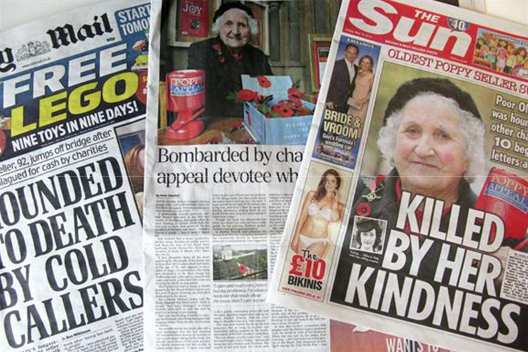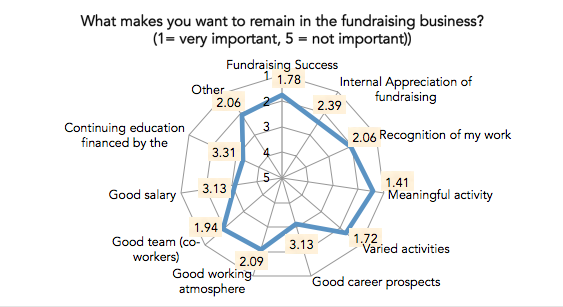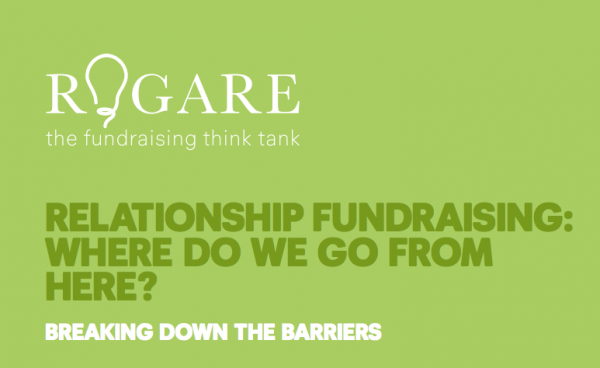
Charities prepare for new fundraising regulations
February 11, 2016
Swiss study explores fundraisers’ career motivations
February 11, 2016Relationship fundraising should be rethought if it is to deliver the best experience for the donor, according to a review by fundraising think tank, Rogare.
The review, conducted by Adrian Sargeant, Ian MacQuillin and Jen Shang at Plymouth University’s Centre for Sustainable Philanthropy, and jointly funded by US donor management software company Bloomerang and US fundraising agency Pursuant, found little evidence that relationship marketing either works in a mass consumer environment or that it is welcomed by consumers.
In a four-volume report, Relationship Fundraising: Where Do We Go From Here, it is recommended that fundraisers are rewarded for how they make donors feel, rather than more traditional metrics such as lifetime value, recency, frequency, value, and income targets. It identifies commitment, satisfaction, and trust as better indicators of loyalty and lifetime value, recommending the development of bespoke metrics to measure relationship fundraising focusing on these factors.
Fundraisers are also encouraged to evaluate each fundraising situation to determine the best approach: in some cases, the review says, the relationship fundraising approach may not work and a more ‘transactional’ form of fundraising may be appropriate. It also recommends that nonprofits adjust their approach as the donor relationship develops. While at acquisition stage, the report indicates that people are motivated by the cause, whereas further down the line, a focus on the benefits of the relationship for the donor may be more effective.
The concept of social psychology academic theory can be applied to meet donor needs, such as creating a sense of identity for the donor with the charities they support, and working to move donor relationships from exchange (where partners keep track of reciprocated costs and benefits) to communal relationships (where partners instead care about each others’ needs and wants as if they were their own).
The review revealed that relationship fundraisers do not feel they have the support or engagement of their colleagues or board to deliver relationship fundraising.
Rogare director Ian MacQuillin said:
“It is absolutely essential that relationship fundraising draws on the latest relevant theory to continually refresh and reinvigorate the ways it can deliver the best possible experience for the donor. This has been lacking over the past 20 or so years but is imperative to ensure relationship fundraising does not stagnate in the future and become little more than a fundraising ideology.”
The report, Relationship Fundraising: Where Do We Go From Here is available to download.




